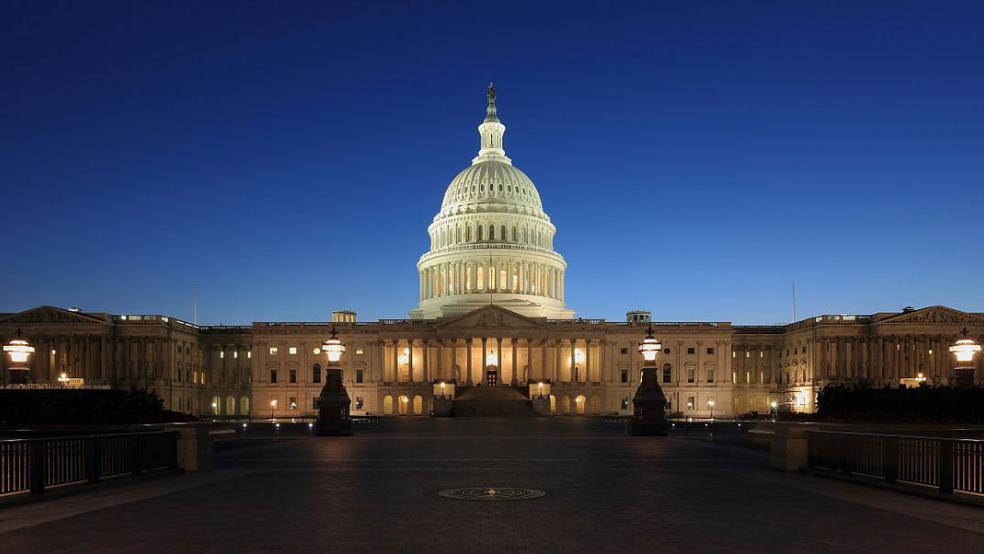Government funding expires at the end of the day on Friday. With the deadline rapidly approaching, congressional negotiators and staff reportedly spent Monday night and Tuesday trying to finalize a sweeping $1.5 trillion spending package covering the rest of this fiscal year along with an emergency aid package for Ukraine and additional pandemic funding.
The Ukraine aid package has grown to a reported $13.6 billion, up from an initial White House request for $6.4 billion and a later request for $10 billion. “The money is expected to boost key programs at the Pentagon, State Department and other agencies, so that they can better deliver military assistance, help defend against cyberattacks, respond to food insecurity in the region and shore up other NATO allies in the face of any further Russian aggression,” The Washington Post’s Tony Romm reports.
The Covid-19 funding, meanwhile, has been scaled back to $15 billion, about half what the Biden administration initially said would be needed and a third less than the $22.5 billion the administration later requested. The funding has shrunk as Republicans questioned the need for additional pandemic spending and demanded better accounting for the trillions of dollars already approved for public health and other coronavirus relief efforts. The additional funding reportedly may be repurposed from pandemic relief funds approved for cities and states as Republicans have insisted that any new spending be fully offset.
Congressional leaders reportedly still hope to unveil the legislative text of the spending package on Tuesday, giving lawmakers hours to review the massive package ahead of a planned Wednesday vote in the House. “We’re almost done. We’re going to vote tomorrow,” House Appropriation Chair Rosa DeLauro told reporters said. “It’s not going to get delayed. We’re going to vote tomorrow.”
Lawmakers also look to punish Russia: The race to pass the massive spending package comes as the House is also set to vote on a related bipartisan bill to further crack down on Russia after its invasion of Ukraine. That legislation would ban the import of Russian energy, enable the Biden administration to impose additional sanctions and tariffs on Russia and seek to expel Moscow from the World Trade Organization.
In a letter to colleagues, House Speaker Nancy Pelosi (D-CA) said the legislation would further isolate and weaken Russia while also representing a show of support for President Biden’s efforts to hold Russian President Vladimir Putin accountable for “his premeditated, unprovoked war against Ukraine.”
Republican lawmakers also expressed support for the bill, which would also have to pass the Senate. “I think there’s more at stake than just the cost of gasoline,” said Sen. John Cornyn (R-TX), according to The Washington Post. “I think it’s an important message to send, so despite the president’s actions, I would like to see Congress pass a law.”
What’s next: Time to pass the omnibus is running short given that House Democrats are schedules to leave town Wednesday afternoon for their annual policy retreat in Philadelphia. "Hopefully the House sends it to us tomorrow,” Senate Majority Leader Chuck Schumer (D-NY) said Tuesday. “We can then move it and certainly pass it before the midnight Friday deadline.”
House lawmakers sounded confident Tuesday that they’d be able to get it done, though House Majority Leader Steny Hoyer (D-MD) reportedly warned his members Tuesday that they may need to come back on Friday if the Senate were to make changes to the package or run into delays that required a stopgap bill to prevent a government shutdown. Senate Republicans have threatened to block speedy consideration of the omnibus, demanding votes on a proposal to defund the Biden vaccine mandates and a more detailed fiscal analysis of the spending package.
The bottom line: Lawmakers broadly expect to meet their deadline. Democratic leaders signaled that more funding would likely still be needed for both Ukraine and the pandemic





